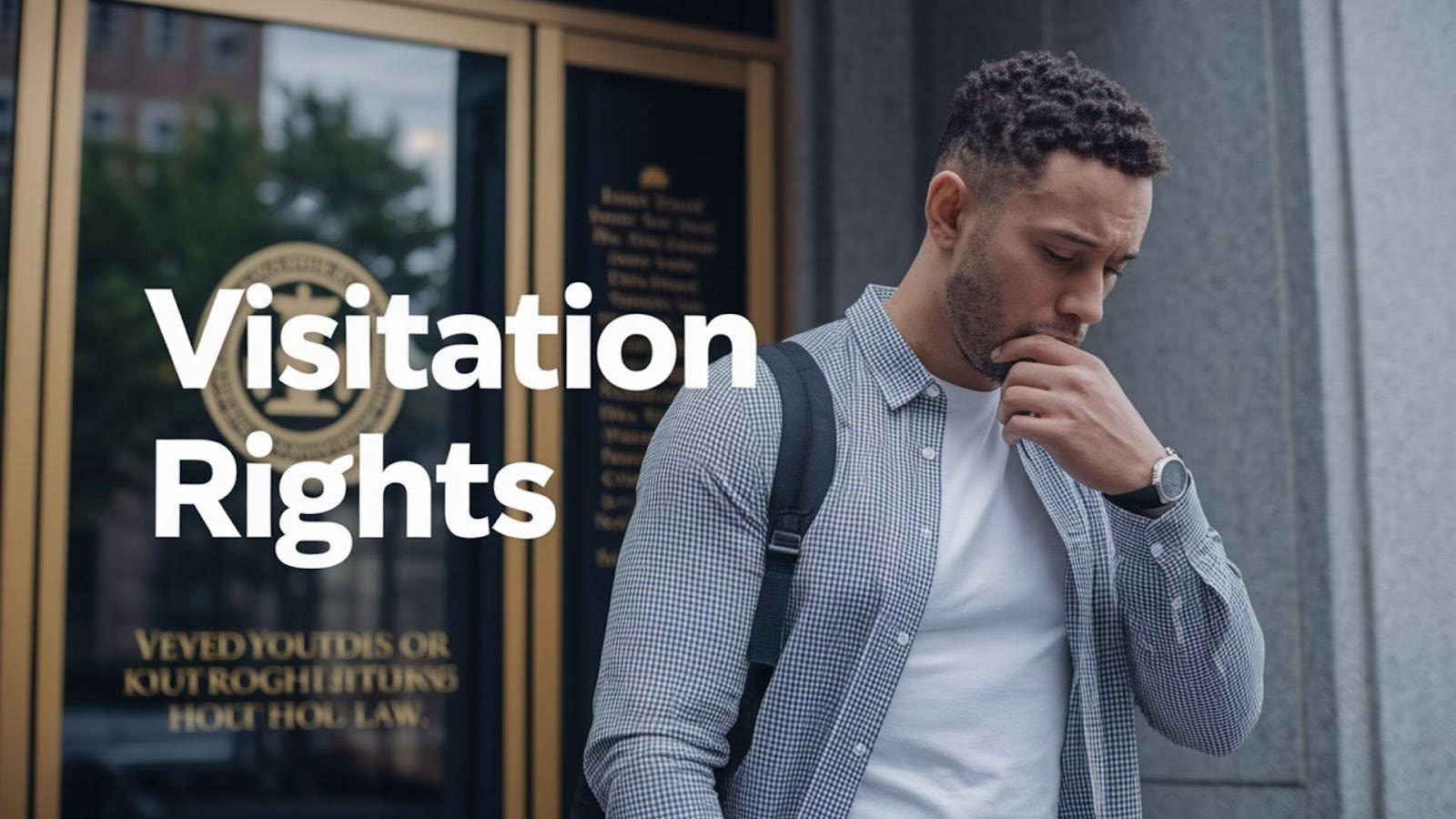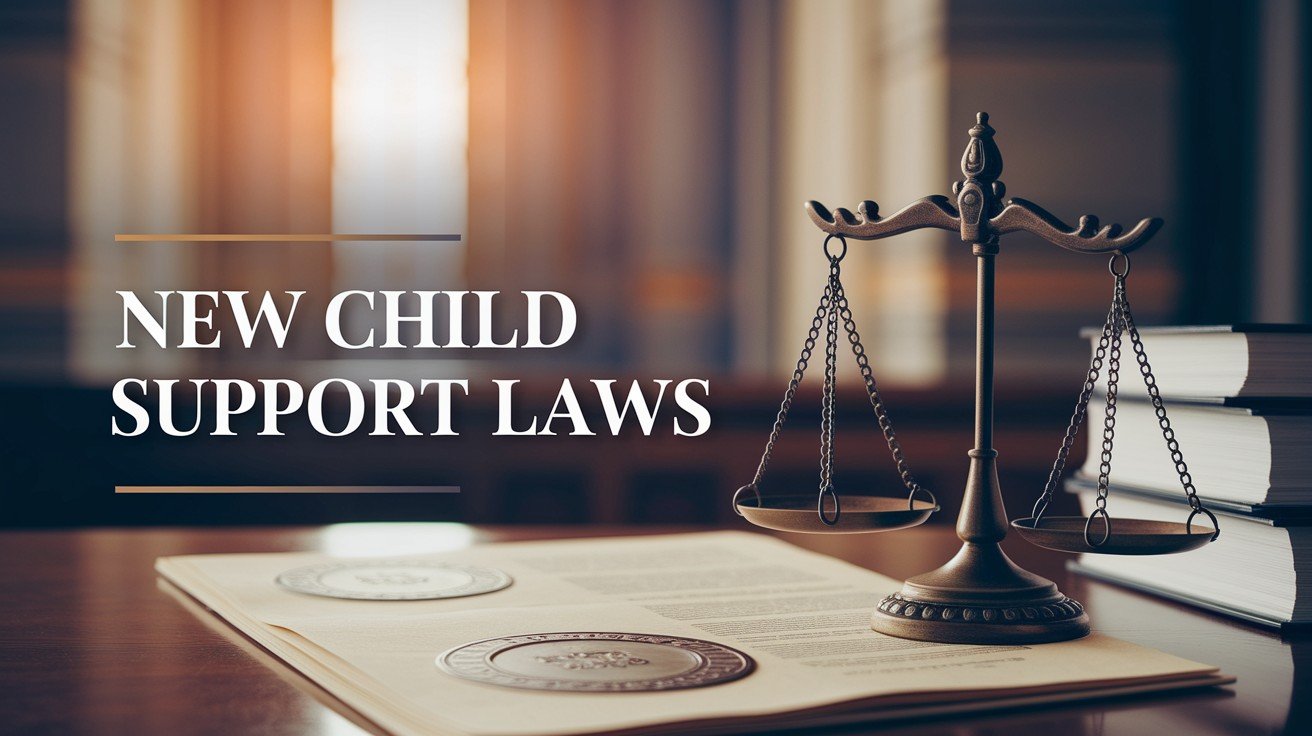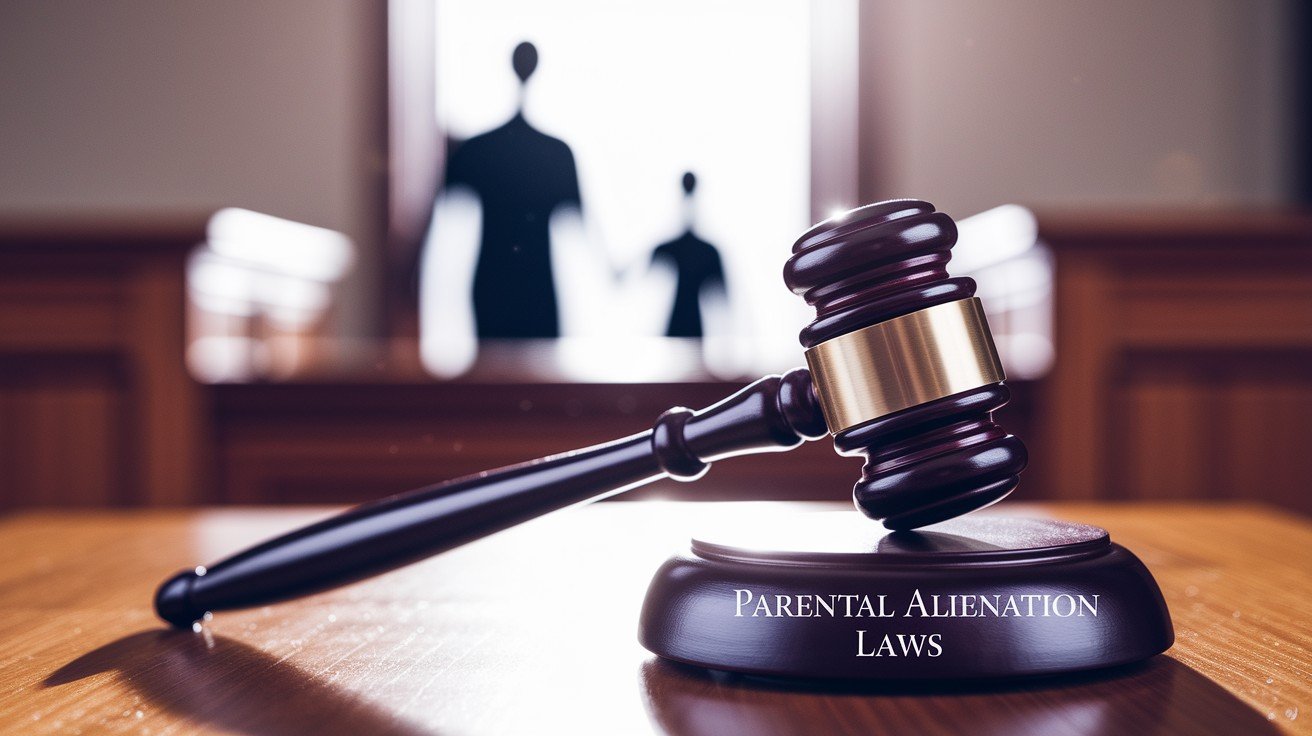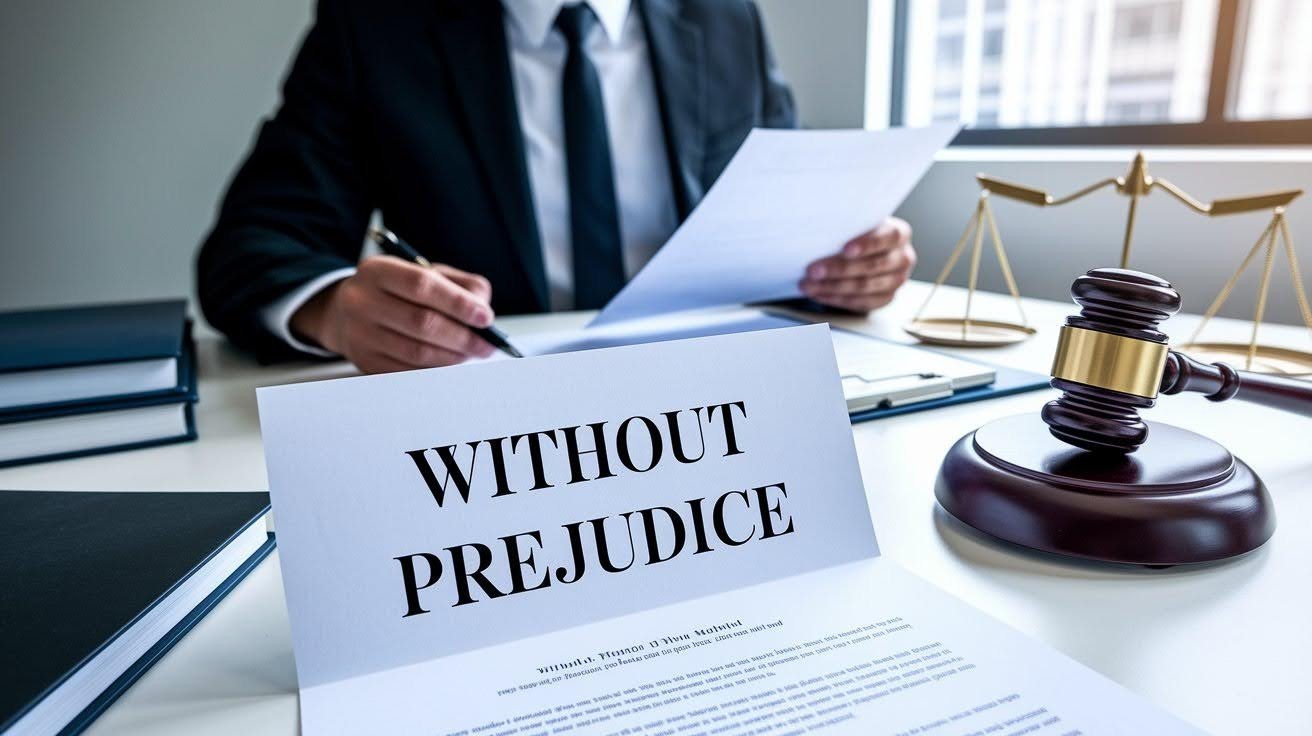Custody battles complicate things because if you decide wrongly, you could lose valuable time with your child. Courts closely monitor your behaviour, your texts, your social media activity, and your communication with your ex-partner.
Understand just what judges consider at any time they are making decisions, plus what actually can be used against you during the custody battle, using this blog. You will also get clear practical tips for protecting your case and avoiding common mistakes.
With years of experience that I have had in family law, I have seen how the best interest of the child standard is applied in real courtrooms. Real cases and proven strategies form a basis for each point within this guide. Now choose wisely so you protect your rights. Likewise, make good choices to nurture that bond with your child.
Things That Can Be Used Against You in a Custody Battle
Any abuse allegations in your past will come back to haunt your custody case – courts see old CPS reports, police records, and medical files as proof you might harm your child again.
History of Child Abuse or Maltreatment
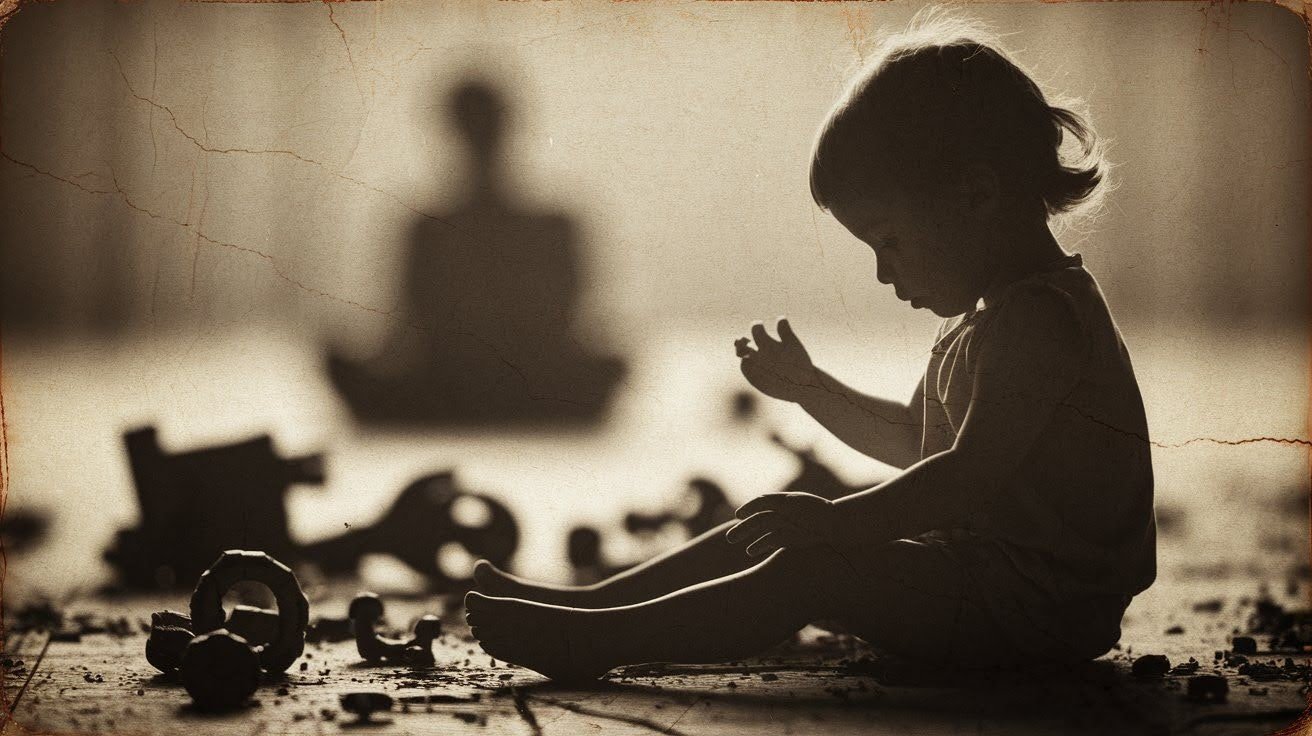
Courts take abuse allegations very seriously. Any past reports to Child Protective Services will show up. Police reports and medical records create a paper trail that follows you.
Physical abuse isn’t the only concern. Emotional abuse, neglect, and abandonment all count against you. Even old cases from years ago can hurt your current custody fight.
Recovery is possible, but it takes real work. You need to complete treatment programs and show genuine change. Courts want to see consistent good behavior over time, not just promises.
Domestic Violence History

Violence in your past creates huge problems in custody court. Police reports, restraining orders, and witness testimony all work against you. Courts assume violent parents shouldn’t have custody.
Even if you were the victim, you must prove you can protect your child now. Staying in dangerous relationships makes courts question your judgment. You need to show a clear plan to keep your child safe.
Children who see violence suffer lasting trauma. They develop anxiety and behavioral problems that can last for years. Courts know this and will limit contact with violent parents.
Substance Abuse Problems

Active addiction is one of the worst things for your custody case. Failed drug tests and DUI arrests create powerful evidence against you. Courts see substance abuse as proof that you can’t keep your child safe.
Past recovery works in your favor if you can prove it’s real. Long-term sobriety with treatment records helps your case. Support group participation shows you’re serious about staying clean.
The court cares about how long you’ve been sober. Recent relapses hurt much more than old mistakes. You need to show stable recovery over months or years, not just weeks.
Mental Health Issues

Untreated mental health problems can cost you custody. Severe depression, bipolar disorder, and personality issues all raise red flags. Courts worry about your ability to care for your child consistently.
Treatment makes all the difference. Regular therapy, taking medication, and healthy coping skills show responsibility. Courts favor parents who actively manage their mental health.
Your condition’s impact on daily life matters most. Can you get your child to school on time? Can you handle emergencies calmly? These practical questions determine custody outcomes.
Financial Instability and Poor Living Conditions

You don’t need to be rich, but you must meet basic needs. Courts want to see stable housing, regular income, and responsible money management. Your child needs a safe place to sleep and enough food.
Home safety matters more than home size. Clean living spaces with appropriate sleeping areas are essential. Dangerous neighborhoods or unsafe housing can hurt your case.
Courts look at your ability to provide long-term stability. Frequent moves, job changes, or evictions suggest instability. Community access to schools and healthcare also factors into decisions.
Parental Alienation Behaviors

Bad-mouthing your ex in front of your child is a serious mistake. Courts call this parental alienation, and it can cost you custody. Your child needs a good relationship with both parents.
Preventing communication between your child and ex creates big problems. Using your child as a messenger or forcing them to choose sides causes emotional damage. Courts may change custody to protect the child from this manipulation.
Supporting your child’s relationship with their other parent actually helps your case. Courts favor parents who put the child’s needs first. Cooperation shows maturity and good judgment.
Poor Co-Parenting and Communication

Hostile communication with your ex hurts your custody case badly. Text messages, emails, and voicemails become evidence in court. Yelling, threatening, or refusing to cooperate makes you look unstable.
Using your child to send messages to your ex is never okay. This puts your child in the middle of adult conflicts. Courts want parents who can handle their own communication.
Following custody schedules exactly shows respect for the court and your child. Making last-minute changes or skipping visits suggests you don’t prioritize your child’s needs. Consistency matters.
Tips to Protect Yourself During Custody Proceedings
Act professionally, control emotions, document everything, focus on your child, get help, stay involved, and hire a good lawyer.
- Act like the judge is always watching: assume every interaction with your ex could be recorded and used in court
- Control your emotions: losing your temper gives your ex ammunition against you, so take deep breaths and walk away when needed
- Document everything: keep detailed records of visits, phone calls, and payments to protect yourself from false accusations
- Keep communication child-focused: only discuss schedules, school events, and medical appointments, not your past relationship or court case
- Get professional help: therapy and treatment programs show courts you’re serious about being a better parent
- Stay actively involved: attend school events, medical appointments, and activities to build a record as an engaged parent
- Choose an experienced custody attorney: Family law is complicated, and mistakes can cost you time with your child
Conclusion
Now you know just how to protect yourself as well as what exactly can be used against you in a custody battle. Courts watch everything, from your social media posts to your communication with your ex. Responsible parenting is key every single day.
Past mistakes do not have to define your future custody outcome. Focus on your child and try to document everything, and get some professional help. Your actions are important in court. Even very small changes may create large effects.
Judges want what is good for your child, being a simple fact, not what is good to you. Always follow court orders, try to stay as calm as possible, and keep your child out of conflicts with adults. Success can be achieved by following all these steps to the best of your ability.
Frequently Asked Questions
Can my social media posts be used against me in a custody battle?
Yes, all social media posts can become evidence in court. Negative comments about your ex, inappropriate photos, or poor judgment posts can hurt your case. Even “private” settings don’t protect you from legal discovery.
Will my past criminal record affect my custody case?
Recent criminal activity weighs heavily against you, especially violent crimes or drug offenses. Old mistakes matter less, but patterns of behavior concern judges. Rehabilitation evidence, like steady employment, can help your case.
Can text messages with my ex be used as evidence?
Yes, all written communication, including texts, emails, and voicemails, can be presented in court. Hostile, threatening, or inappropriate messages will be used against you. Keep all communication professional and child-focused.
Does mental illness automatically disqualify me from getting custody?
No, treated mental health conditions don’t automatically disqualify you. Courts favor parents who actively manage their conditions through therapy and medication. Untreated severe conditions that affect parenting ability are more concerning to judges.
How does domestic violence history impact custody decisions?
Domestic violence creates serious problems in custody cases. Many states presume against giving custody to violent parents. Even victims must prove they can protect the child from future violence and create a safe environment.




